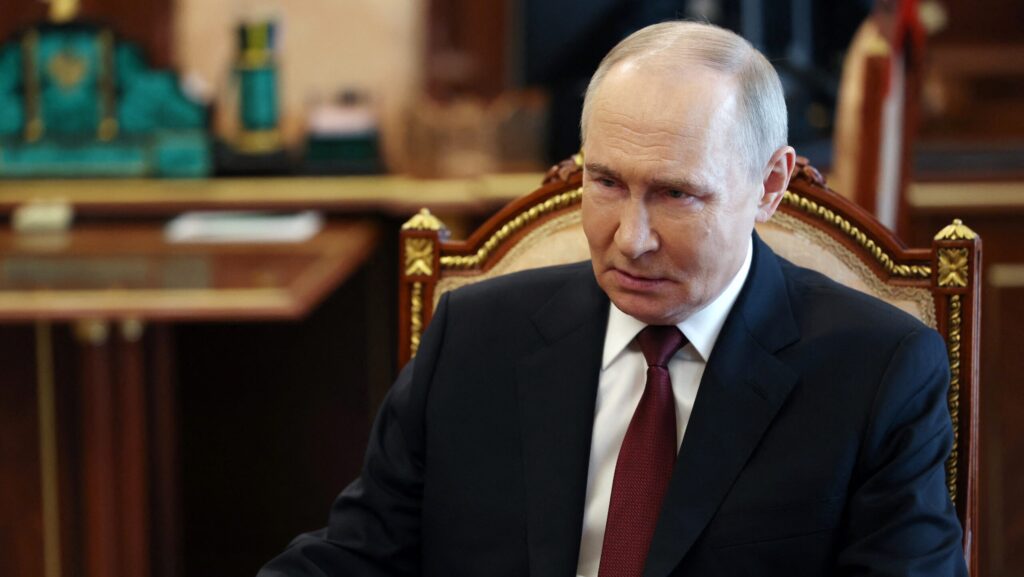The Supreme Court of the United States handed down its decision on the Trump vs. United States case. The court split along party lines 6–3, with judges appointed by Republican presidents ruling in favour of the majority opinion, and judges appointed by Democratic presidents dissenting.
The majority opinion, written by Chief Justice John Roberts, states:
‘Under our constitutional structure of separated powers, the nature of Presidential power entitles a former President to absolute immunity from criminal prosecution for actions within his conclusive and preclusive constitutional authority.
And he is entitled to at least presumptive immunity from prosecution for all his official acts. There is no immunity for unofficial acts.’
This does not absolve President Trump from all prosecution, since lower courts can still rule on what conduct fell under ‘official acts’ as Presidents; and under what conditions his presumptive immunity can be rebutted. However, it does force Special Counsel Jack Smith to restart his case at the trial court level, and it is very unlikely that he can take the case to trial before the 5 November presidential election. It would be conspicuously expedient to have the courts resolve these matters in just four months.
Graham Allen on X (formerly Twitter): “DONALD TRUMP DID NOTHING WRONG!!!Supreme Court has decided in a 6-3 ruling that has given immunity to presidents on all official acts. pic.twitter.com/mDQ6efcya8 / X”
DONALD TRUMP DID NOTHING WRONG!!!Supreme Court has decided in a 6-3 ruling that has given immunity to presidents on all official acts. pic.twitter.com/mDQ6efcya8
This ruling also affects the case against President Trump in Fulton County, Georgia, brought on by local prosecutor Fani Willis. She is trying to use the anti-racketeering RICO act to imprison President Trump for his alleged efforts to overturn the election results in Georgia. However, that case already came to a bit of a halt in March, given that Special Prosecutor Nathan Wade had to resign due to his undisclosed love affair with Willis.
President Trump became the first president in US history to be convicted in a criminal court on 30 May. He was convicted of a crime committed before he took office as president, so that case is not affected by that ruling. He is due to be sentenced on 11 July. Most legal experts do not expect a jail sentence for the former POTUS, but that decision is up to the sole discretion of Judge Juan Merchan.
Many legal experts have also criticized the ‘creative’ and shaky legal theory under which President Trump’s conduct was elevated to felonies, as opposed to obvious misdemeanors; as well as the judge’s dubious instructions to the jurors. President Trump and his legal counsel have also stated that they are appealing that case after sentencing.
On the recent ruling on his immunity case, President Trump had this to say in a statement to Fox News Digital:
‘I have been harassed by the Democrat Party, Joe Biden, Obama and their thugs, fascists and communists for years, and now the courts have spoken.
This is a big win for our Constitution and for democracy. Now I am free to campaign like anyone else. We are leading in every poll—by a lot—and we will make America great again.’
Related articles:








